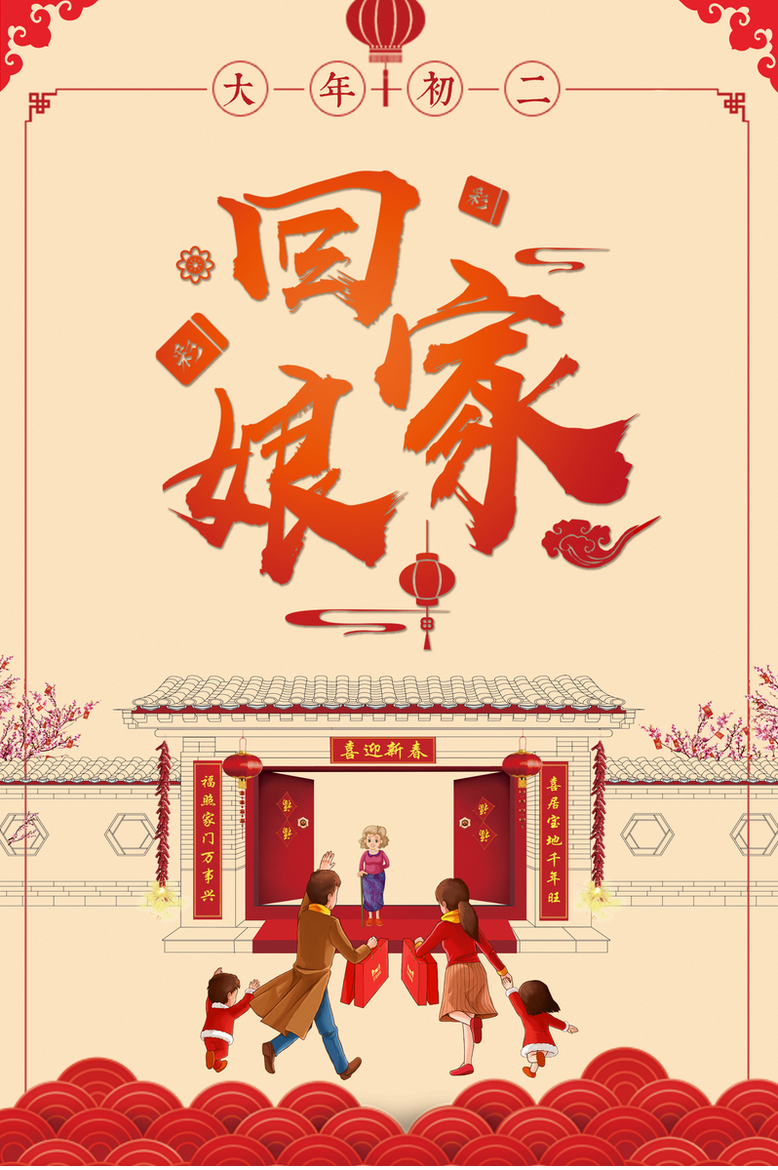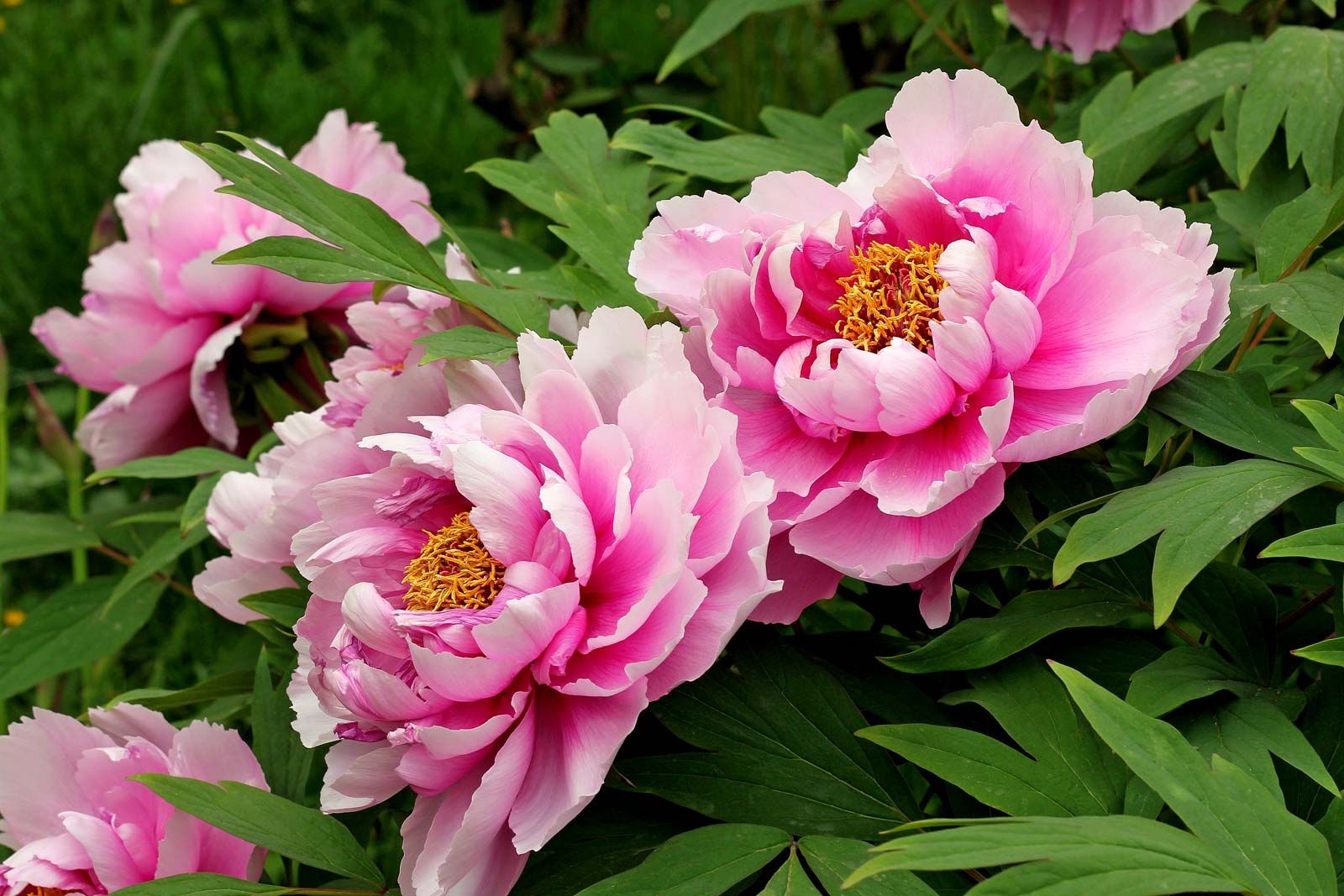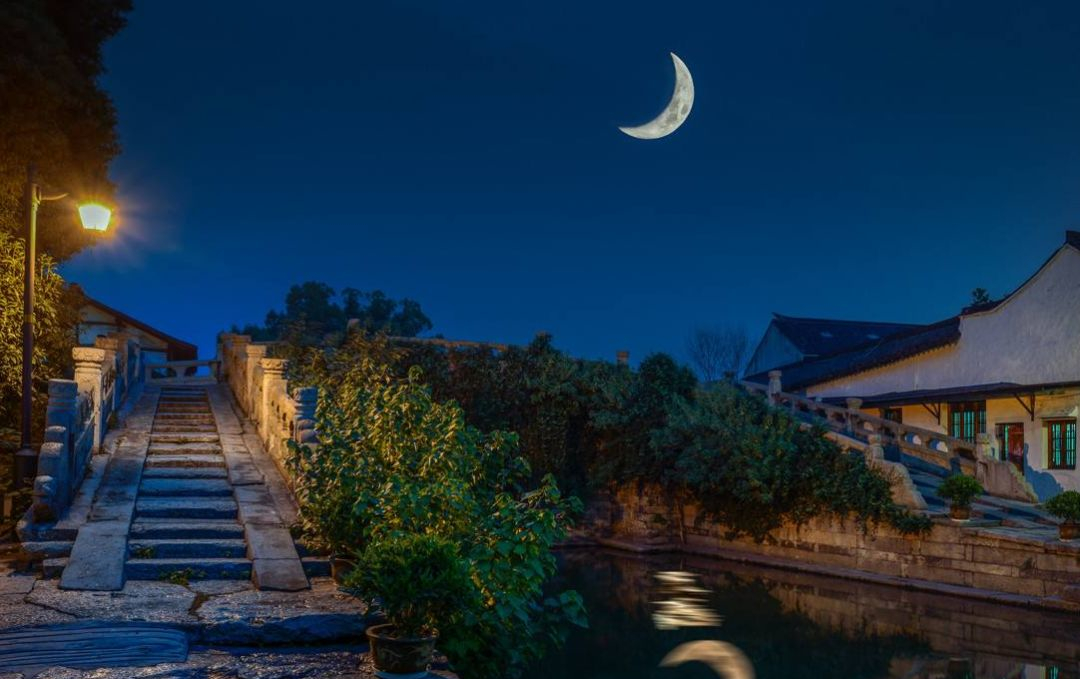
Dominio de Pingus is a Spanish winery located in Quintanilla de Onésimo in Valladolid province with vineyards in La Horra area of the Ribera del Duero region. The estate's flagship wine, Pingus, is considered a "cult wine", sold at extremely high prices while remaining very inaccessible,[1][2] and commands an average price of $811 per bottle.[3]
The winery also produces a second wine, Flor de Pingus, and a special cuvée, Ribera del Duero "Amelia". Recently, Dominio de Pingus has founded a joint project with local grape producers to make an old vine tempranillo called "PSI".
Dominio de Pingus was established in 1995 by Danish oenologist Peter Sisseck, also manager of the Pesquera de Duero estate Hacienda Monasterio.[4] On the estate's winemaking philosophies, Sisseck has stated, "The vines in my plots are very old. They have never been fertilised nor treated with pesticides and all grow following the traditional en vaso system. They are perfect."[4]
About the first 1995 vintage of Pingus, Robert Parker declared, "One of the greatest and most exciting wines I have ever tasted".[5] With a very limited first vintage production, only 325 cases were made with prices initially set at US$200 per bottle, it became yet more scarce when in November 1997 the ship transporting a U.S. bound shipment of 75 cases disappeared somewhere off the Azores in the North Atlantic Ocean.[6] The shipwreck resulted in a dramatic reaction in the US market, with prices soon rising to $495 per bottle.[5][6]
At the Ronda WineCreator conference of April 2008, Sisseck was angered by suggestions by Decanter editor Guy Woodward that some winemakers make wines to suit the palates of certain critics. In response he called Woodward's remarks arrogant for implying winemakers do not have their own opinions, adding, "I don't even think it is possible to do this."[7]
In 2007 it was announced that the Spanish government had approved plans to expand highway roads through the vineyards of Dominio de Pingus and other wineries, which was met with strong opposition by Sisseck who called it a "vengeful measure".[8]
Planted with very old vines of Tinto Fino, i.e. Tempranillo, the vineyards are 2.5 hectares (6.2 acres) in Barrosso with vines exceeding 65 years and 1.5 hectares (3.7 acres) in San Cristobal with vines older than 70 years, and the unusually low average yield of 12 hL per hectare. Since 2000, the viticulture has been biodynamic. Of the annual production of Pingus there is typically less than 500 cases, though in poor vintages no Pingus is made.
The production of the second wine Flor de Pingus, also 100% Tempranillo, is made with fruit from rented vineyards in the La Horra zone, with vines older than 35 years. Since the 2005 vintage, the viticulture has been biodynamic. The annual production is on average 4,000 cases.
Additionally there has been the single barrel cuvée, Ribera del Duero "Amelia", made from a vineyard parcel of 100+ year old vines with an average yield of 10 hL per hectare, with biodynamic viticulture since its initial 2003 vintage. The 2005 vintage had a production of 25 cases.
"PSI" is a joint project based on fruit produced by local grape growers from old tempranillo vines. The goal is to help grape producers and save old vines. Project was founded in 2006, first vintage was 2007. Grape growers are encouraged to employ biodynamic or organic vineyard management practices. The wine is made by Peter Sisseck and Pablo Rubio and sold under producer name Bodegas y Viñedos Alnardo. Vinification takes place in large concrete vats and aging in concrete and wooden tanks and oak barrels. Production of PSI 2009 was 9,600 cases, PSI 2010 was 16,600 cases.
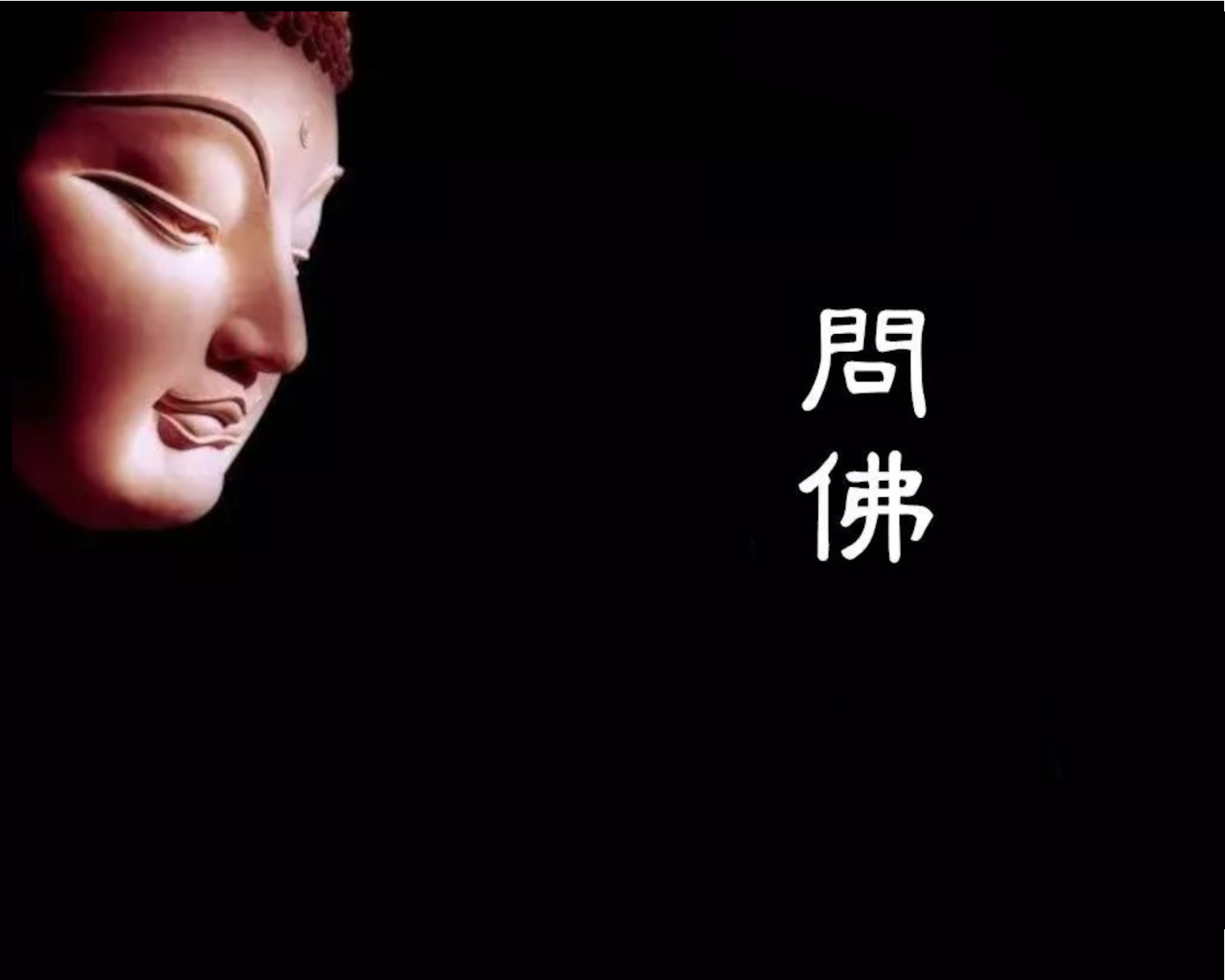
谁能参透世间因果
驱散藏在心中的魔
人间名利谁能淡薄
放下一切平凡的过
缘来缘去人生几何
大千世间多少过客
是福是祸谁能躲得过
看透轮回的舍与得
问一问佛 谁来渡我
谁又能把红尘看破
看透世间事 看清对与错
净化心灵种下善果
问一问佛 谁来渡我
化做佛前莲花一朵
放下杂念事 参悟般若
参破世间生死苦与乐
缘来缘去人生几何
大千世间多少过客
是福是祸谁能躲得过
看透轮回的舍与得
问一问佛 谁来渡我
谁又能把红尘看破
看透世间事 看清对与错
净化心灵种下善果
问一问佛 谁来渡我
化做佛前莲花一朵
放下杂念事 参悟般若
参破世间生死苦与乐
放下杂念事 参悟般若
参破世间生死苦与乐

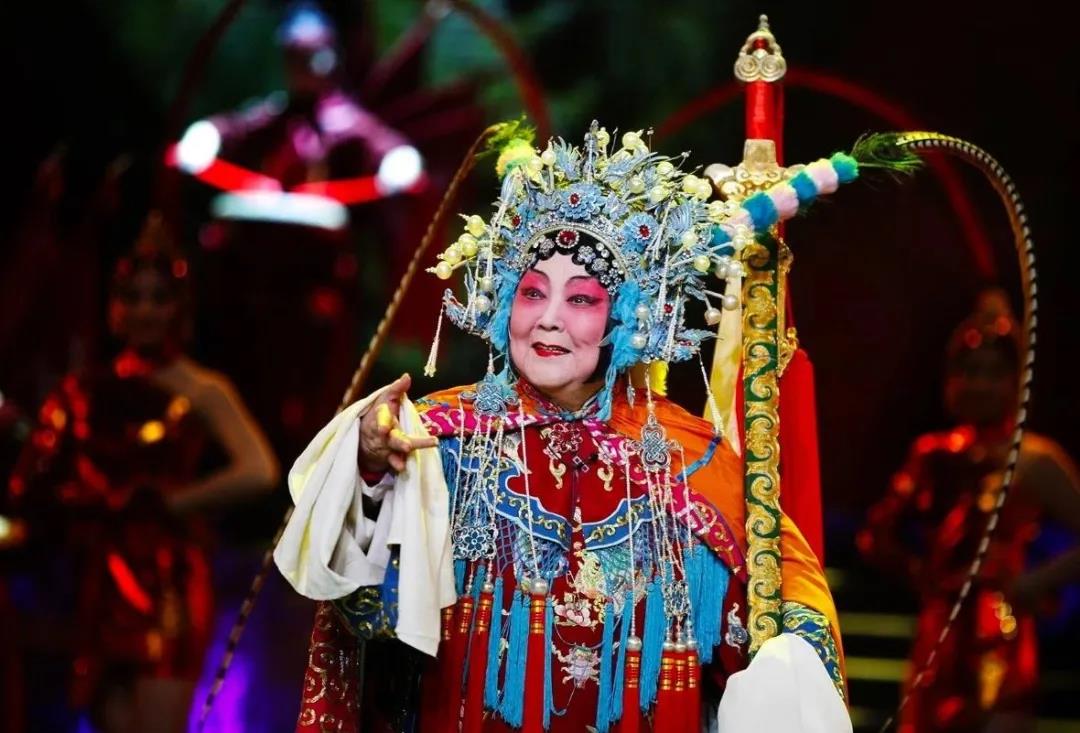

Weinbrand ist ein Gattungsbegriff für Spirituosen aus einem Weindestillat. Als Handelsbezeichnung ist der Begriff „Weinbrand“ EU-rechtlich definiert und insbesondere vom Branntwein und anderen Spirituosen abgegrenzt.[1] Destillate aus Wein gehören zu den ältesten Spirituosen der Welt. Vermutlich wurden bereits seit 1000 n. Chr. im Gebiet der heutigen Türkei hochprozentige alkoholische Getränke aus Wein gebrannt.[2] In Europa verbreiteten sich Weindestillate im Hochmittelalter und wurden zunächst vor allem zu medizinischen Zwecken genutzt.[3] Über das mittelniederdeutsche brandewīn entstand der englische Begriff brandy wine. Dieser zu „Brandy“ verkürzte Name wird in vielen europäischen Ländern, wie England, Italien und Spanien benutzt, im Deutschen beispielsweise oft in Cocktailrezepten.[4] Die einschlägige EU-Verordnung setzt heute Brandy und Weinbrand gleich.
白兰地,从荷兰语 Brandewijn 而来,意思为“烧的酒”,16世纪时,荷兰为海上运输大国,法国是葡萄酒重要产地,荷兰船主将法国葡萄酒运往世界各地,但当时英国和法国开战,海上交通经常中断,葡萄酒贮藏占地费用大,于是荷兰商人想将葡萄酒蒸馏浓缩,可节省贮藏空间和运输费用,运到目的地后再兑水出售。但意想不到的是浓缩的酒更受欢迎,而且贮藏时间越长酒味越醇,从此,出现一种新酒,蒸馏葡萄酒—白兰地。
一升白兰地大约需要八升葡萄酒浓缩,蒸馏出的酒是近乎无色的,但在橡木桶中贮藏时,将橡木的色素溶入酒中,形成褐色。年代越久,颜色越深。由于有颜色的更受欢迎,目前酿酒厂都使用焦糖加色。
目前世界最好的白兰地产地是法国夏朗德省(Charente)的干邑(科尼亚克Cognac)周围地区和热尔省(Gers)的亚文邑(阿马尼亚克Armagnac)地区,这些地区传统生产白兰地,酒厂年代久远,因此有用以勾兑的老酒,价格也昂贵。世界著名的品牌如轩尼诗(Hennessy)、马爹利(Martell)、金御鹿(Hine)、人头马(Remy Martin)、路易老爹(Louis Royer)、百事吉(Bisquit)等都出自干邑地区。
一般俗称白兰地,是用葡萄酒加以蒸馏浓缩製成;但广义来说,只要是以果酒为基底,加以蒸馏製成的酒类,都可以称为白兰地,不过在名称前面加上相应的水果名称,如“苹果白兰地”、“樱桃白兰地”、“草莓白兰地”、“欧李白兰地”等。
Brandy is a liquor produced by distilling wine. Brandy generally contains 35–60% alcohol by volume (70–120 US proof) and is typically consumed as an after-dinner digestif. Some brandies are aged in wooden casks. Others are coloured with caramel colouring to imitate the effect of aging, and some are produced using a combination of both aging and colouring. Varieties of wine brandy can be found across the winemaking world. Among the most renowned are Cognac and Armagnac from southwestern France.[1][2]
In a broader sense, the term brandy also denotes liquors obtained from the distillation of pomace (yielding pomace brandy), or mash or wine of any other fruit (fruit brandy).[3][1] These products are also called eau de vie (which translates to "water of life").




鼓聲起 大戰上 勁揪總有你
叫喊裡 為勝利 氣焰打不死
懷著致勝 信念和力氣
披著熱血 進襲綠茵草陂
來吧唱 來吧跳 來吧勇氣運氣
比數扭轉 歡呼要躍起
Come on the game on!
We Are Hong Kong!
Victory and Glory!
Fighting for Hong Kong!
鼓聲起 大戰上 勁揪總有你
叫喊裡 為勝利 氣焰打不死
懷著致勝信念和力氣
披著熱血 進襲綠茵草陂
來吧唱 來吧跳 來吧勇氣運氣
比數扭轉 歡呼要躍起
Come on the game on!
We Are Hong Kong!
Victory and Glory!
Fighting for Hong Kong!
Come on the game on!
We Are Hong Kong!
Victory and Glory!
Fighting for Hong Kong!
Come on the game on!
We Are Hong Kong!
Victory and Glory!
Fighting for Hong Kong!













